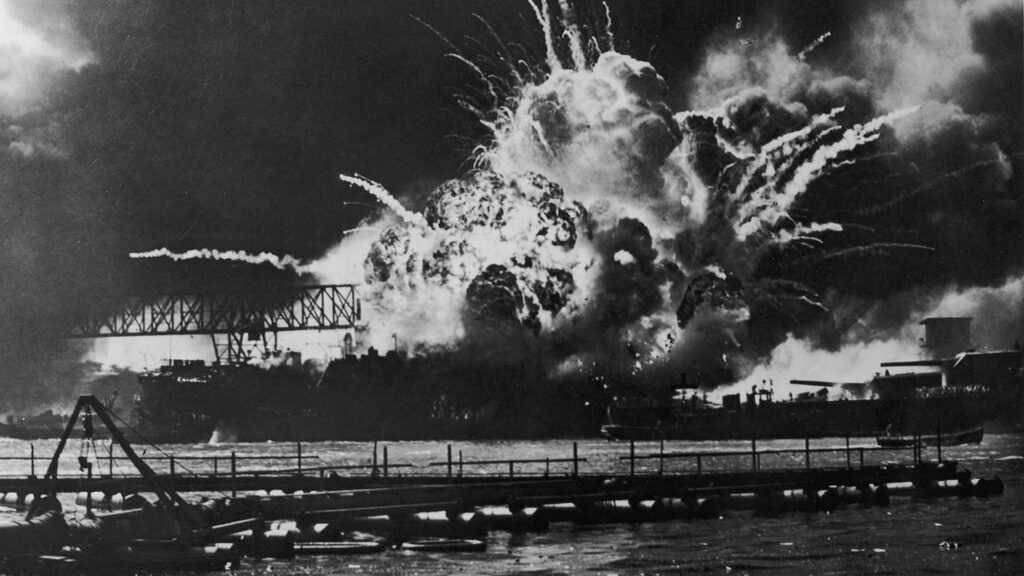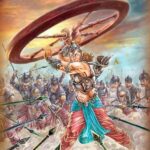Was the Japanese attack on Pearl Harbor a mistake? Did they have reason to believe that the U.S. would not retaliate? The Japanese attack on Pearl Harbor on December 7, 1941, was a significant and strategically calculated move by the Imperial Japanese Navy. It was not an accidental or mistaken attack; rather, it was a deliberate military action aimed at crippling the U.S. Pacific Fleet to prevent American intervention in Japan’s military expansion in Southeast Asia and the Pacific.
Several factors contributed to Japan’s decision to launch the attack:
U.S. Economic Sanctions:
The United States had imposed economic sanctions on Japan in response to its continued aggression in China and Southeast Asia. These sanctions, particularly the embargo on oil exports to Japan, threatened to cripple Japan’s economy and military capabilities. The Japanese leadership saw the need to secure new resources, particularly oil and rubber, to sustain its war efforts and maintain its position as a dominant power in East Asia.
Military Strategy:
The Japanese military believed that a preemptive strike on the U.S. Pacific Fleet at Pearl Harbor would provide them with a decisive advantage and allow them to establish control over the Pacific region before the United States could fully mobilize its forces.
Diplomatic and Intelligence Assessments:
While there were indications that war with the United States was likely, the Japanese leadership, especially the naval and military planners, underestimated the U.S. military capabilities and overestimated their own. They believed that a surprise attack on Pearl Harbor would demoralize the American public and government, making them less inclined to enter the war.
Cultural and Ethical Differences:
There was a prevailing belief within the Japanese military and leadership that the United States was soft and lacking in resolve, in part due to racial and cultural biases. This led to an underestimation of the American response to the attack.
In hindsight, the attack on Pearl Harbor can be viewed as a miscalculation on the part of the Japanese leadership. While the attack succeeded in crippling much of the U.S. Pacific Fleet and temporarily achieving Japanese military objectives in the Pacific, it also galvanized American public opinion and led to the United States’ entry into World War II. The Japanese did not anticipate the resilience and determination of the American people and military in responding to the attack.
In conclusion, the attack on Pearl Harbor was not a mistake in terms of being unintentional, but it can be considered a strategic miscalculation by the Japanese leadership. They had reasons to believe that the U.S. might not retaliate with full force immediately, but they underestimated the long-term consequences and the American commitment to defeating Japan in the Pacific War.


